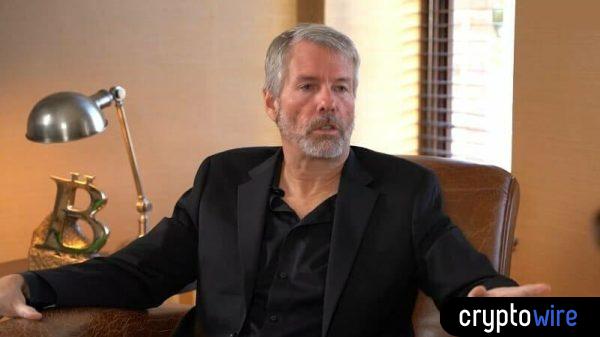Sweden’s Central Bank Governor, Erik Thedeen, has raised concerns about the increasing integration of Bitcoin into the nation’s financial system. In a recent statement on March 12, Thedeen highlighted the speculative nature of Bitcoin and the potential risks it poses to investors within Sweden’s financial landscape.
As the head of Riksbank, Sweden’s central bank responsible for monetary policy and the issuance of the Swedish krona currency, Thedeen emphasized the need for caution when it comes to Bitcoin adoption. He expressed a clear stance that Bitcoin does not have a place in Sweden’s financial system, stating that “the less, the better” in terms of its integration.
Thedeen’s apprehension towards Bitcoin comes at a time when the cryptocurrency has been experiencing record highs, raising concerns about potential losses for crypto users operating within Sweden’s financial ecosystem. He pointed out the challenges in valuing Bitcoin, which lacks real backing and relies heavily on speculation for its valuation.
During a media briefing following a parliamentary discussion on monetary policy, Thedeen underscored his commitment to keeping Bitcoin trading separate from Sweden’s financial framework. He highlighted the inherent risks associated with Bitcoin’s speculative valuation, referencing past incidents of cryptocurrency exchange failures during market upswings primarily driven by Bitcoin.
Moreover, Thedeen discussed the implications of cryptocurrencies on the stability of financial systems, noting that while Bitcoin may not directly impact Sweden’s financial stability, consumers face significant risks of financial losses. He cautioned against the false allure of easy money, citing examples of Bitcoin collapses and subsequent losses experienced by users in the US.
This latest stance by Sweden’s central bank governor adds to the growing dissent against widespread cryptocurrency adoption in various modern societies. Sweden has been at the forefront of regulatory challenges concerning cryptocurrencies, including the European Union’s proposal to ban cryptocurrency mining in 2022 due to energy consumption concerns.
In response to the EU’s energy supply crisis, Sweden took measures to curtail cryptocurrency-related activities by removing tax breaks for data centers, including the Bitcoin mining sector. Additionally, in April 2023, the nation significantly raised energy taxes by a substantial margin, signaling a shift in its approach to energy-intensive industries like cryptocurrency mining.
The recent call by Sweden’s central bank governor to limit Bitcoin integration in the country reflects a broader pushback against cryptocurrencies, echoing previous efforts to restrict cryptocurrency mining activities. This stance has garnered support from regulators in neighboring countries such as Norway, Spain, and Germany, highlighting a unified front in addressing the challenges posed by the growing influence of cryptocurrencies in the financial sector.
Ian is a cryptocurrency enthusiast blending humor with professionalism. With an engineering background and a storyteller's heart, he simplifies the blockchain world with sharp analysis and a touch of wit. At Cryptowire, he brings his unique perspective to make digital financial innovation accessible to all.















































